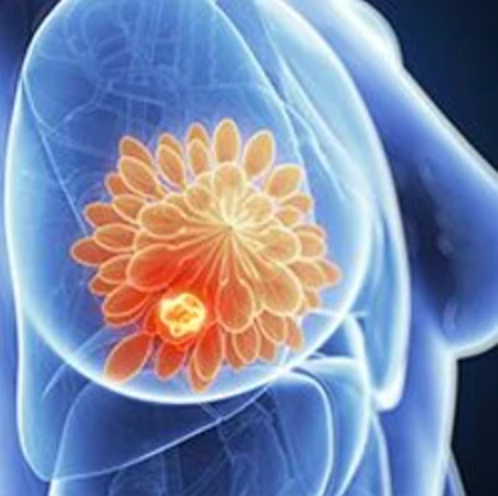Video
Dr. Toomey on the Importance of De-Escalation Clinical Trials in HER2+ Breast Cancer
Author(s):
Kathleen C. Toomey, medical oncologist, discusses the importance of clinical trials evaluating de-escalated treatment strategies in HER2-positive breast cancer.
Kathleen C. Toomey, MD, medical oncologist and medical director, Steeplechase Cancer Center at Robert Wood Johnson University Hospital Somerset, discusses the importance of clinical trials evaluating de-escalated treatment strategies in HER2-positive breast cancer.
Oftentimes, it is easier to enroll patients with HER2-positive breast cancer to clinical trials because some are evaluating de-escalated treatment strategies to determine the optimal amount of treatment a patient should receive, Toomey says. If patients obtain a complete response with a de-escalated approach, it is understood that the cancer was very responsive to the treatment, Toomey explains.
Patients tend to question how they can tell whether an adjuvant treatment is working, Toomey continues. In trials evaluating neoadjuvant therapy, patients know that the treatment is working because they are either cancer-free or have residual disease after surgery, Toomey says. If patients are cancer-free in the adjuvant setting, they don’t require additional chemotherapy. This underscores the importance of evaluating de-escalated treatment approaches in clinical trials because patients could possibly receive less therapy and, therefore,experience fewer adverse effects, Toomey concludes.









